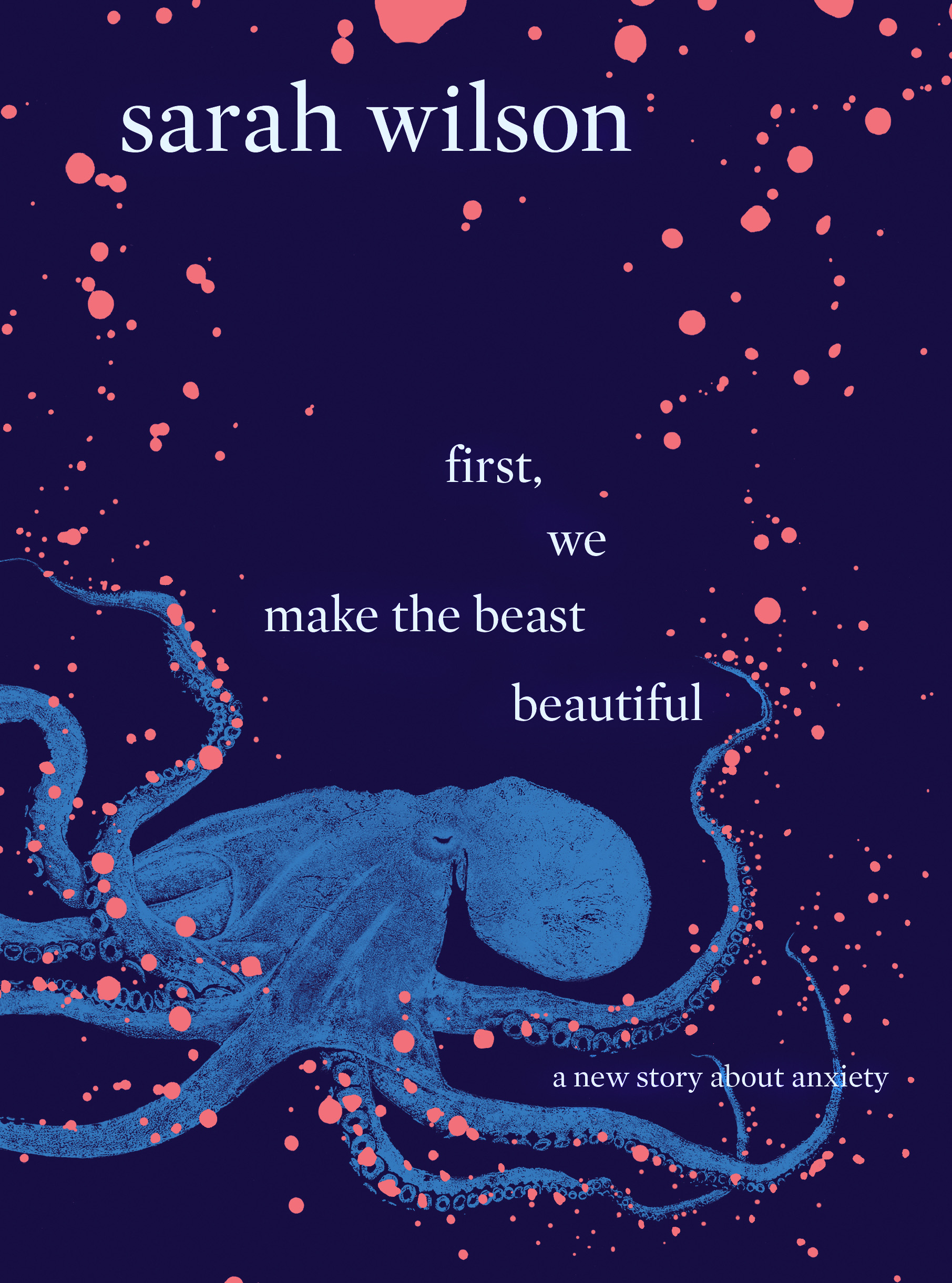
I don’t do vision boards, and I don’t meditate to manifest handsome husbands and mansions with tennis courts. But I do have a gratitude ritual inspired by the time I shared a glass of tap water with personal development educator/self-help guru Dr John Demartini, he of The Secret fame.
I share it here because, like meditation, it’s a daily practice that has had exceptional impact on my anxiety. To be honest, it’s a form of meditation.
Demartini is a central casting-issue Guru Dude. He wore black casual suiting (with a kerchief) when we met a few years back and speaks in dazzling motivational sound bites, generally trademarked. Indeed, Demartini owns The Gratitude Effect trademark. He also has a cloth keyboard cover embroidered with ‘What You Think About and Thank About, You Bring About’. I know both these things because, after discussing the topic of gratitude, he showed me the latter, along with his gratitude journal, a whopping great multi-volume tome that he carts around the world with him. He got teary as he read out a few passages for me. At the time I didn’t know what to make of it, but I was forced to suspend my cynicism and try his gratitude ritual for the column I was writing. The results were wonderful. Really. And I practise it regularly.
This moment of recognition that things are gelling cooperatively makes you feel synchronicity and oneness with the flow of life. Which feels good, really good.
My ritual is based on Demartini’s, but a little less dazzling and sound-bitey. It goes like this: At night, after I climb into bed, I simply reflect for a few minutes on five things that pop into my mind that I’m grateful for. And say thank you for them. Usually, they’re banal things, like ‘Thank you for the flukiness that salmon was on special the very day I go to buy salmon!’ Or ‘Thank you for my mate Rick who called today just to say he missed me.’ Who am I thanking? I guess it’s the ‘universe’. It might be God for you. It is for Demartini.
I don’t seek a result. But it feels super good doing it. I asked Demartini why this might be so. The simple act of reflecting for a few minutes (he prescribes, pedantically, 4-15 minutes) on the good stuff in our lives creates a congruence between our goals and their fulfilment. This moment of recognition that things are gelling cooperatively makes you feel synchronicity and oneness with the flow of life. Which feels good, really good. You touch it, right? You know, the Something Else.
‘Your brain only has so much power to focus its attention. It cannot easily focus on both positive and negative stimuli.’ Literally, you can’t be grateful and anxious at the same time.
It’s as if in that moment of gratefulness, everything makes sense. We realise all is OK and the world and the people in it are working perfectly, and we don’t need to interfere for it to do so. For me, this is a massive gulp-for-air feeling. The bigness of life whacks me in the solar plexus. Which is why many of us cry when we’re grateful. I know I do.
Alex Korb writes in The Grateful Brain, ‘Gratitude can have such a powerful impact on your life because it engages your brain in a virtuous cycle. Your brain only has so much power to focus its attention. It cannot easily focus on both positive and negative stimuli.’ Literally, you can’t be grateful and anxious at the same time. Once again, the threat system in our amygdala is overridden.
On top of this, research shows gratitude stimulates the hypothalamus, a part of the brain that regulates anxiety.
Korb adds that the brain loves to fall for the confirmation bias – it looks for things to prove what it already believes to be true. ‘So once you start seeing things to be grateful for, your brain starts looking for more things to be grateful for.’
And thus we build all kinds of right muscles.
This is an edited extract from First, We Make The Beast Beautiful, published by Pan Macmillan, RRP $39.99.

We would love to hear your thoughts